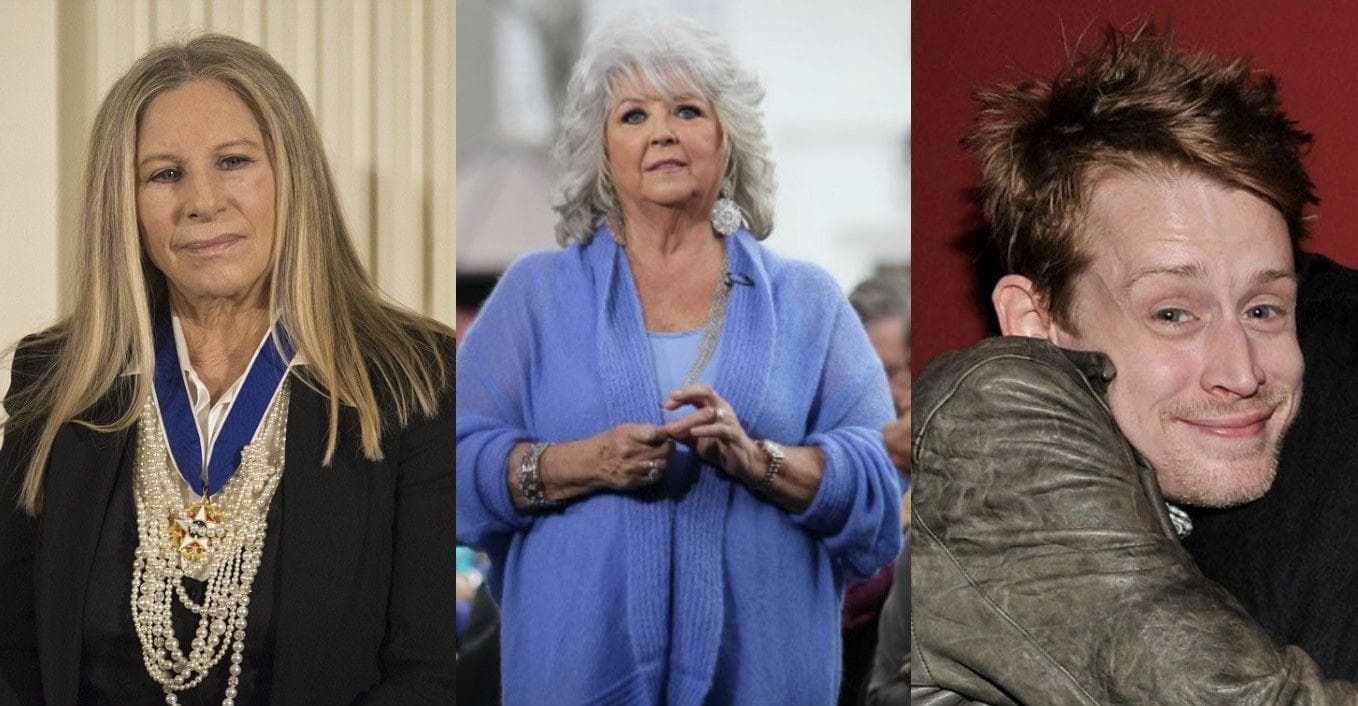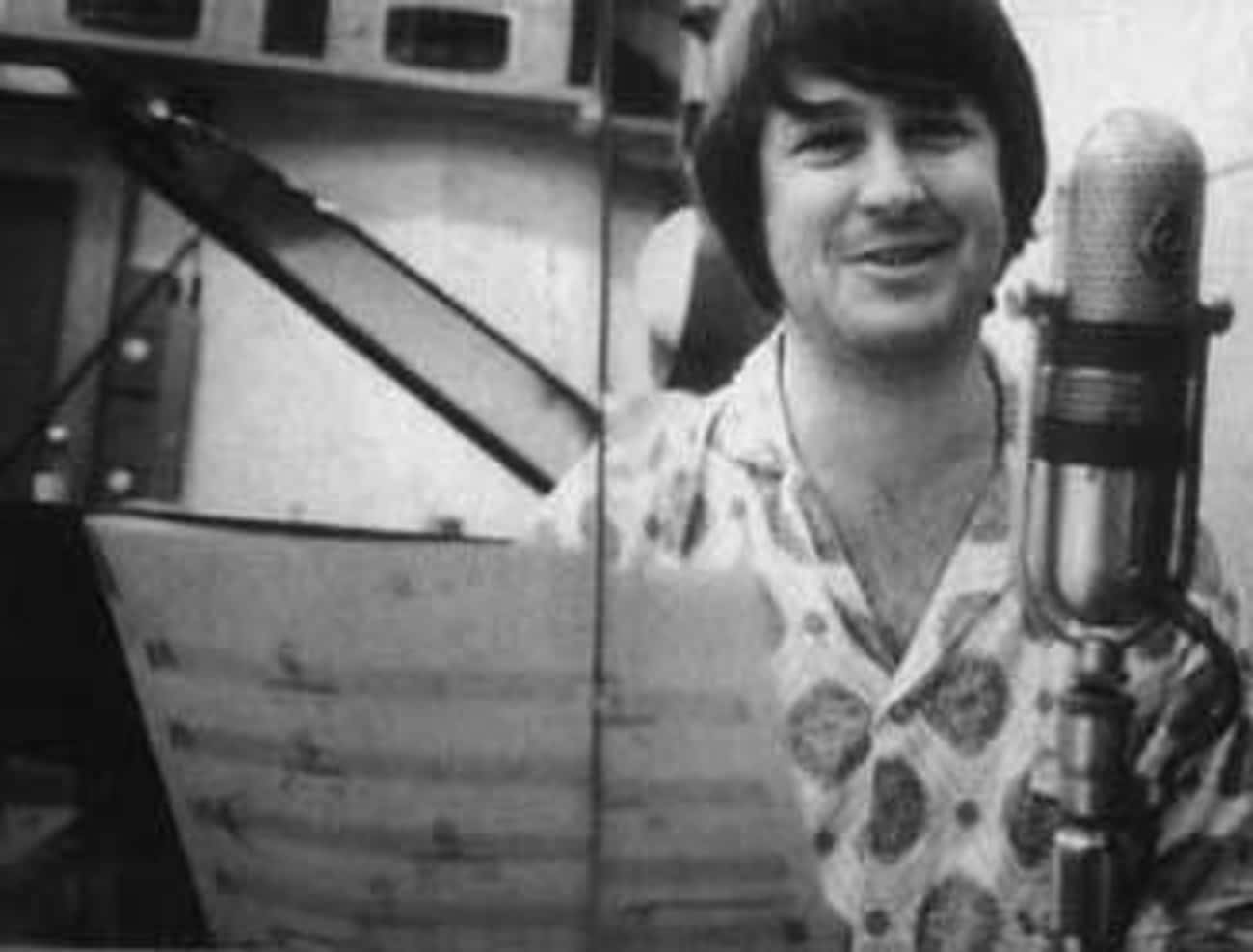Famous People With Agoraphobia: Overcoming The Fear Of Open Spaces
Agoraphobia, a condition characterized by an intense fear of open or crowded spaces, is more common than you might think, even among famous individuals. Many people assume that celebrities live glamorous lives free from anxiety and fear. However, the truth is that mental health challenges, such as agoraphobia, can affect anyone, regardless of their fame or success. In this article, we will explore the lives of famous people who have battled agoraphobia and how they managed to overcome or cope with their condition.
Agoraphobia is not just about being afraid of leaving the house; it’s a complex anxiety disorder that can severely impact a person's quality of life. For some, it manifests as an overwhelming fear of being in situations where escape might be difficult or help might not be available if things go wrong. This fear can lead to social withdrawal, isolation, and significant disruption in daily activities.
In this article, we will delve into the lives of several famous individuals who have openly discussed their struggles with agoraphobia. By understanding their experiences, we hope to shed light on the condition, reduce stigma, and provide hope for those who may be dealing with similar challenges.
Read also:Call Chase Customer Service Your Ultimate Guide To Seamless Banking Support
Table of Contents
- Biography of Famous People with Agoraphobia
- What is Agoraphobia?
- Celebrities with Agoraphobia
- Symptoms of Agoraphobia
- Causes of Agoraphobia
- Treatment Options for Agoraphobia
- Coping Strategies for Agoraphobia
- Inspirational Stories of Recovery
- The Importance of Mental Health Awareness
- Conclusion
Biography of Famous People with Agoraphobia
Overview of Famous Individuals
Several well-known personalities have shared their experiences with agoraphobia, offering valuable insights into the condition. Below is a brief overview of some of these individuals, along with their personal struggles and achievements:
| Name | Profession | Known For | Agoraphobia Diagnosis |
|---|---|---|---|
| Kim Basinger | Actress | Roles in "9 1/2 Weeks" and "L.A. Confidential" | Diagnosed in the 1980s |
| Donny Osmond | Singer/Actor | Member of The Osmonds | Diagnosed in the 1980s |
| Emma Fielding | TV Personality | Star of "The Only Way Is Essex" | Diagnosed in her early 20s |
What is Agoraphobia?
Agoraphobia is an anxiety disorder characterized by an intense fear of situations where escape might be difficult or help might not be available if things go wrong. Contrary to popular belief, it is not just about being afraid of open spaces. People with agoraphobia may avoid crowded places, public transportation, or even leaving their homes altogether.
Key Characteristics of Agoraphobia
- Fear of being in open or crowded spaces
- Extreme anxiety when faced with certain situations
- Difficulty leaving the house or being alone
- Panic attacks in triggering environments
Celebrities with Agoraphobia
Many celebrities have spoken openly about their struggles with agoraphobia, helping to break the stigma surrounding mental health issues. Below are some notable examples:
Kim Basinger
The renowned actress Kim Basinger has been open about her battle with agoraphobia. Diagnosed in the 1980s, she found it difficult to leave her home and often relied on her husband to handle public appearances. Through therapy and medication, she managed to overcome her fears and continue her successful career.
Donny Osmond
As a member of the famous Osmond family, Donny Osmond faced immense pressure from a young age. His agoraphobia manifested as a fear of performing on stage, leading him to cancel several concerts. With the help of professional counseling, he learned to manage his anxiety and returned to the spotlight.
Symptoms of Agoraphobia
The symptoms of agoraphobia can vary from person to person but often include:
Read also:Is Clive Davis Married Unveiling The Life And Legacy Of The Music Mogul
- Panic attacks in triggering situations
- Intense fear of being in open or crowded spaces
- Avoidance of certain places or activities
- Feelings of helplessness or loss of control
Causes of Agoraphobia
The exact cause of agoraphobia is not fully understood, but several factors may contribute to its development:
- Genetic predisposition
- Previous traumatic experiences
- Other anxiety disorders, such as panic disorder
- Environmental factors, such as stress or major life changes
Treatment Options for Agoraphobia
Treatment for agoraphobia typically involves a combination of therapy, medication, and lifestyle changes. Some of the most effective treatments include:
Cognitive Behavioral Therapy (CBT)
CBT is a form of therapy that helps individuals identify and change negative thought patterns and behaviors. It is particularly effective for treating anxiety disorders like agoraphobia.
Exposure Therapy
Exposure therapy involves gradually exposing individuals to the situations they fear, helping them build tolerance and reduce anxiety over time.
Coping Strategies for Agoraphobia
In addition to professional treatment, there are several strategies individuals can use to cope with agoraphobia:
- Practice deep breathing and relaxation techniques
- Engage in regular physical exercise
- Seek support from friends, family, or support groups
- Stay informed about the condition and its treatment options
Inspirational Stories of Recovery
Hearing about the recovery stories of others can be incredibly motivating. Below are a few inspiring stories of famous individuals who have successfully managed their agoraphobia:
Emma Fielding
Emma Fielding, a TV personality from "The Only Way Is Essex," struggled with agoraphobia for years. Through therapy and support from her loved ones, she was able to overcome her fears and regain her confidence.
The Importance of Mental Health Awareness
Raising awareness about mental health issues like agoraphobia is crucial for reducing stigma and encouraging people to seek help. By sharing the stories of famous individuals who have battled the condition, we can inspire others to take action and improve their quality of life.
Conclusion
Agoraphobia is a challenging condition that affects many people, including famous individuals. By understanding the symptoms, causes, and treatment options, we can better support those who are struggling with the disorder. Remember, seeking help is the first step toward recovery, and with the right support, anyone can overcome their fears and lead a fulfilling life.
We invite you to share your thoughts and experiences in the comments section below. If you found this article helpful, please consider sharing it with others who may benefit from the information. For more articles on mental health and wellness, explore our website further.


